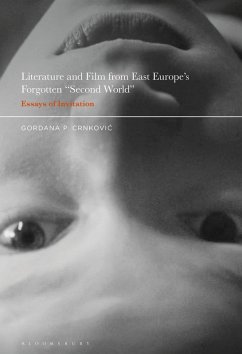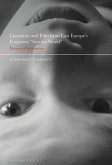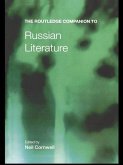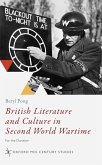Czechoslovakia, Yugoslavia-no longer on the map. East Europe of the socialist period may seem like a historical oddity, apparently so different from everything before and after. Yet the masterpieces of literature and cinema from this largely forgotten "Second World," as well as by the authors formed in it and working in its aftermath, surprise and delight with their contemporary resonance.
This book introduces and illuminates a number of these works. It explores how their aesthetic ingenuity discovers ways of engaging existential and universal predicaments, such as how one may survive in the world of victimizations, or imagine a good city, or broach the human boundaries to live as a plant.
Like true classics of world art, these novels, stories, and films-to rephrase Bohumil Hrabal-keep "telling us things about ourselves we don't know." In lively and jargon-free prose, Gordana P. Crnkovic builds on her rich teaching experience to create paths to these works and reveal how they changed lives.
This book introduces and illuminates a number of these works. It explores how their aesthetic ingenuity discovers ways of engaging existential and universal predicaments, such as how one may survive in the world of victimizations, or imagine a good city, or broach the human boundaries to live as a plant.
Like true classics of world art, these novels, stories, and films-to rephrase Bohumil Hrabal-keep "telling us things about ourselves we don't know." In lively and jargon-free prose, Gordana P. Crnkovic builds on her rich teaching experience to create paths to these works and reveal how they changed lives.









